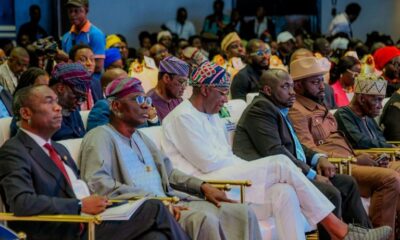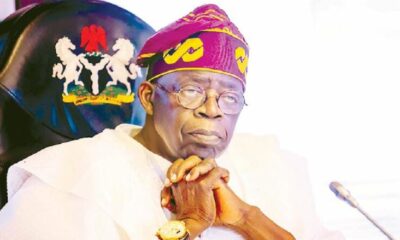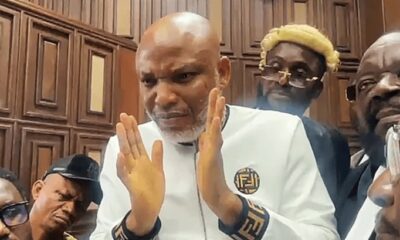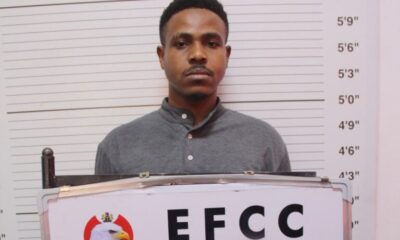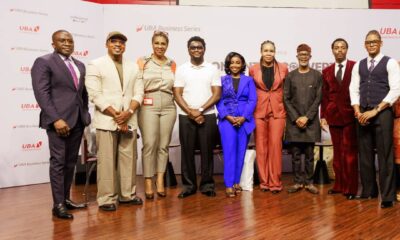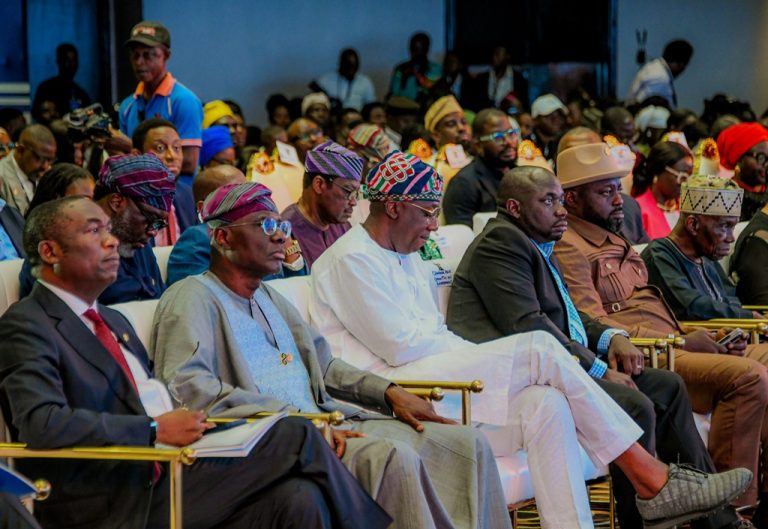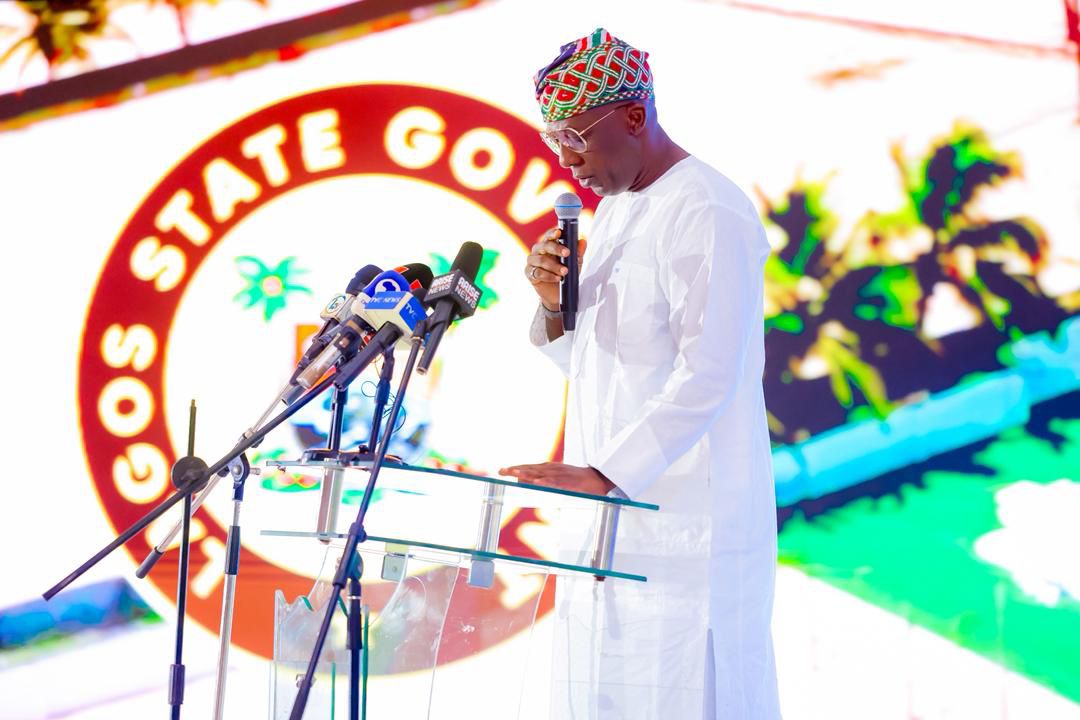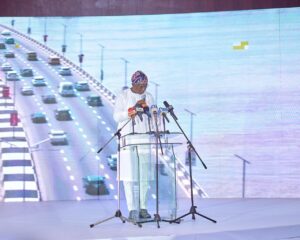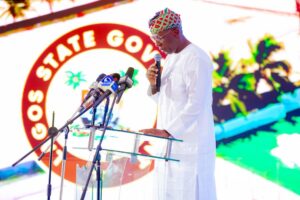As you’ll find in the article below, blockchain could be used to facilitate a modern voting system. Voting with blockchain carries the potential to eliminate election fraud and boost voter turnout, as was tested in the November 2018 midterm elections in West Virginia.
Using blockchain in this way would make votes nearly impossible to tamper with. The blockchain protocol would also maintain transparency in the electoral process, reducing the personnel needed to conduct an election and providing officials with nearly instant results. This would eliminate the need for recounts or any real concern that fraud might threaten the election.
What Is a Blockchain?
A blockchain is a distributed database or ledger that is shared among the nodes of a computer network. As a database, a blockchain stores information electronically in digital format.
Blockchains are best known for their crucial role in cryptocurrency systems, such as Bitcoin, for maintaining a secure and decentralized record of transactions.
The innovation with a blockchain is that it guarantees the fidelity and security of a record of data and generates trust without the need for a trusted third party.
How Does a Blockchain Work?
The goal of blockchain is to allow digital information to be recorded and distributed but not edited. In this way, a blockchain is the foundation for immutable ledgers or records of transactions that can not be altered, deleted, or destroyed. This is why blockchains are also known as distributed ledger technology (DLT).
First proposed as a research project in 1991, the blockchain concept predated its first widespread application in use: Bitcoin, in 2009. In the years since, the use of blockchains has exploded via the creation of various cryptocurrencies, decentralized finance (DeFi) applications, non-fungible tokens (NFTs), and smart contracts.
Aside from cryptocurrencies, blockchain technology can be used for supply chain management, identity verification, and voting systems.
Blockchain is a type of shared database that differs from a typical database in the way that it stores information; blockchains store data in blocks that are then linked together via cryptography.
As new data comes in, it is entered into a fresh block. Once the block is filled with data, it is chained onto the previous block, which makes the data chained together in chronological order.
Different types of information can be stored on a blockchain, but the most common use so far has been as a ledger for transactions.
In Bitcoin’s case, blockchain is used in a decentralized way so that no single person or group has control. Rather, all users collectively retain control.
Decentralized blockchains are immutable, which means that the data entered is irreversible. For Bitcoin, this means that transactions are permanently recorded and viewable to anyone.
Bitcoin vs. Blockchain
Blockchain technology was first outlined in 1991 by Stuart Haber and W. Scott Stornetta, two researchers who wanted to implement a system where document timestamps could not be tampered with. But it wasn’t until almost two decades later, with the launch of Bitcoin in January 2009, that blockchain had its first real-world application.
The Bitcoin protocol is built on a blockchain. In a research paper introducing the digital currency, Bitcoin’s pseudonymous creator, Satoshi Nakamoto, referred to it as “a new electronic cash system that’s fully peer-to-peer, with no trusted third party.”
The key thing to understand here is that Bitcoin merely uses blockchain as a means to transparently record a ledger of payments, but blockchain can, in theory, be used to immutably record any number of data points. As discussed above, this could be in the form of transactions, votes in an election, product inventories, state identifications, deeds to homes, and much more.
Currently, tens of thousands of projects are looking to implement blockchains in a variety of ways to help society other than just recording transactions—for example, as a way to vote securely in democratic elections. The nature of blockchain’s immutability means that fraudulent voting would become far more difficult to occur.
For example, a voting system could work such that each citizen of a country would be issued a single cryptocurrency or token. Each candidate would then be given a specific wallet address, and the voters would send their token or crypto to the address of whichever candidate for whom they wish to vote. The transparent and traceable nature of blockchain would eliminate both the need for human vote counting and the ability of bad actors to tamper with physical ballots.
How Are Blockchains Used?
As we now know, blocks on Bitcoin’s blockchain store data about monetary transactions. Today, there are more than 10,000 other cryptocurrency systems running on blockchain. But it turns out that blockchain is actually a reliable way of storing data about other types of transactions as well.
Some companies that have already incorporated blockchain include Walmart, Pfizer, AIG, Siemens, Unilever, and a host of others. For example, IBM has created its Food Trust blockchain to trace the journey that food products take to get to their locations.
Why do this? The food industry has seen countless outbreaks of E. coli, salmonella, and listeria, as well as hazardous materials being accidentally introduced to foods. In the past, it has taken weeks to find the source of these outbreaks or the cause of sickness from what people are eating.
Using blockchain gives brands the ability to track a food product’s route from its origin, through each stop it makes, and finally, its delivery. If food is found to be contaminated, then it can be traced all the way back through each stop to its origin. Not only that, but these companies can also now see everything else it may have come in contact with, allowing the identification of the problem to occur far sooner and potentially saving lives. This is one example of blockchain in practice, but there are many other forms of blockchain implementation.
In banking and finance
Perhaps no industry stands to benefit from integrating blockchain into its business operations more than banking. Financial institutions only operate during business hours, usually five days a week. That means if you try to deposit a check on Friday at 6 p.m., you will likely have to wait until Monday morning to see that money hit your account. Even if you do make your deposit during business hours, the transaction can still take one to three days to verify due to the sheer volume of transactions that banks need to settle. Blockchain, on the other hand, never sleeps.
By integrating blockchain into banks, consumers can see their transactions processed in as little as 10 minutes—basically the time it takes to add a block to the blockchain, regardless of holidays or the time of day or week. With blockchain, banks also have the opportunity to exchange funds between institutions more quickly and securely. In the stock trading business, for example, the settlement and clearing process can take up to three days (or longer, if trading internationally), meaning that the money and shares are frozen for that period of time.
Given the size of the sums involved, even the few days that the money is in transit can carry significant costs and risks for banks.
Currency
Blockchain forms the bedrock for cryptocurrencies like Bitcoin. The U.S. dollar is controlled by the Federal Reserve. Under this central authority system, a user’s data and currency are technically at the whim of their bank or government. If a user’s bank is hacked, the client’s private information is at risk. If the client’s bank collapses or the client lives in a country with an unstable government, the value of their currency may be at risk. In 2008, several failing banks were bailed out—partially using taxpayer money. These are the worries out of which Bitcoin was first conceived and developed.
By spreading its operations across a network of computers, blockchain allows Bitcoin and other cryptocurrencies to operate without the need for a central authority. This not only reduces risk but also eliminates many of the processing and transaction fees. It can also give those in countries with unstable currencies or financial infrastructures a more stable currency with more applications and a wider network of individuals and institutions with whom they can do business, both domestically and internationally.
Using cryptocurrency wallets for savings accounts or as a means of payment is especially profound for those who have no state identification. Some countries may be war-torn or have governments that lack any real infrastructure to provide identification. Citizens of such countries may not have access to savings or brokerage accounts—and, therefore, no way to safely store wealth.
Healthcare
Healthcare providers can leverage blockchain to securely store their patients’ medical records. When a medical record is generated and signed, it can be written into the blockchain, which provides patients with the proof and confidence that the record can not be changed. These personal health records could be encoded and stored on the blockchain with a private key so that they are only accessible by certain individuals, thereby ensuring privacy.
Property Records
If you have ever spent time in your local Recorder’s Office, you will know that the process of recording property rights is both burdensome and inefficient. Today, a physical deed must be delivered to a government employee at the local recording office, where it is manually entered into the county’s central database and public index. In the case of a property dispute, claims to the property must be reconciled with the public index.
This process is not just costly and time-consuming—it is also prone to human error, where each inaccuracy makes tracking property ownership less efficient. Blockchain has the potential to eliminate the need for scanning documents and tracking down physical files in a local recording office. If property ownership is stored and verified on the blockchain, owners can trust that their deed is accurate and permanently recorded.
In war-torn countries or areas that have little to no government or financial infrastructure, and certainly no Recorder’s Office, it can be nearly impossible to prove ownership of a property. If a group of people living in such an area is able to leverage blockchain, then transparent and clear timelines of property ownership could be established.
Smart Contracts
A smart contract is a computer code that can be built into the blockchain to facilitate, verify, or negotiate a contract agreement. Smart contracts operate under a set of conditions to which users agree. When those conditions are met, the terms of the agreement are automatically carried out.
Say, for example, that a potential tenant would like to lease an apartment using a smart contract. The landlord agrees to give the tenant the door code to the apartment as soon as the tenant pays the security deposit.
Both the tenant and the landlord would send their respective portions of the deal to the smart contract, which would hold onto and automatically exchange the door code for the security deposit on the date when the lease begins. If the landlord doesn’t supply the door code by the lease date, then the smart contract refunds the security deposit automatically.
This would eliminate the fees and processes typically associated with the use of a notary, a third-party mediator, or attorneys.
Supply Chains
As in the IBM Food Trust example, suppliers can use blockchain to record the origins of materials that they have purchased. This would allow companies to verify the authenticity of not only their products but also common labels such as “Organic,” “Local,” and “Fair Trade.”
As reported by Forbes, the food industry is increasingly adopting the use of blockchain to track the path and safety of food throughout the farm-to-user journey.
To be continued…

 BIG STORY4 days ago
BIG STORY4 days ago
 BIG STORY3 days ago
BIG STORY3 days ago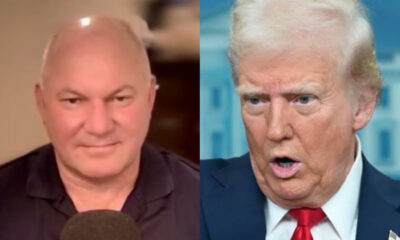
 BIG STORY4 days ago
BIG STORY4 days ago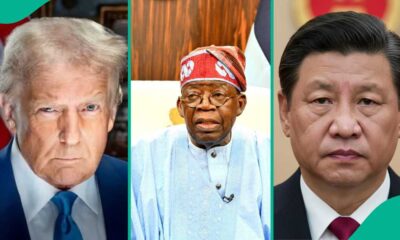
 BIG STORY3 days ago
BIG STORY3 days ago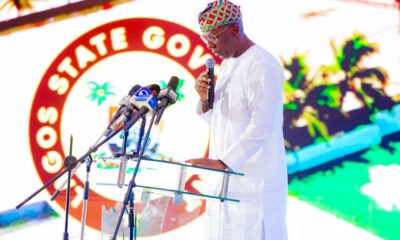
 BIG STORY4 hours ago
BIG STORY4 hours ago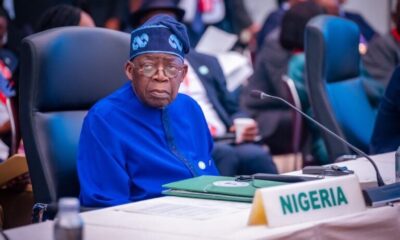
 BIG STORY3 days ago
BIG STORY3 days ago
 BIG STORY2 days ago
BIG STORY2 days ago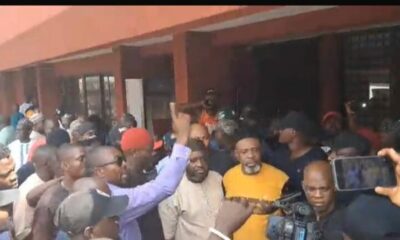
 BIG STORY4 days ago
BIG STORY4 days ago







